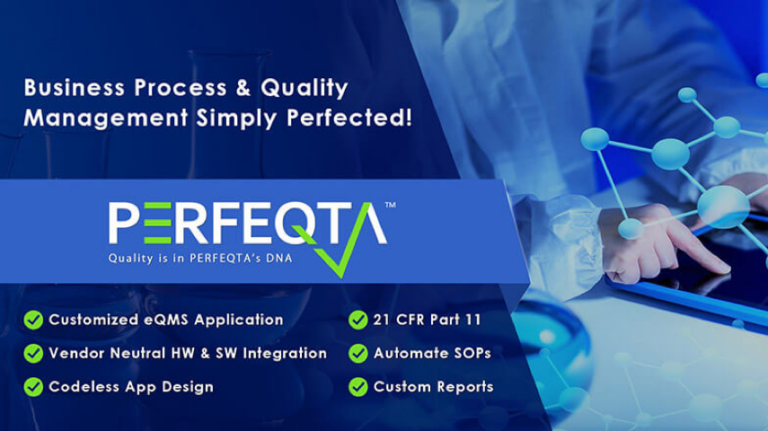How A New CMS Can Improve Your Company Operations


A Content Management System, or CMS for short, makes it easier to maintain and update websites. Instead of plugging content directly into a website’s code and HTML, you can publish content through the CMS. Ultimately, these systems make managing websites less time and resource-consuming, freeing up your staff so they can work on higher-value projects.
So what actually is a CMS? Essentially, it’s a dashboard that allows people to publish, edit, and otherwise manage websites, web pages, and content. A good content management system offers an easy-to-understand User Interface that allows both those with and without tech skills to manage websites.
Ultimately, a great CMS is a powerful productivity tool and can help organizations improve a variety of processes and operations.
The Right CMS Frees Up Staff
These days, employees are hard to come by. That’s especially true with IT talent. Fortunately, a number of tools, including content management systems, may reduce the need for labor power and also help employees accomplish more. This means you can get more work done without having to increase staffing levels.
A well-designed CMS reduces burdens on IT departments, which are often understaffed and struggling to make do. If employees had to use HTML and coding to manage and modify the website, only those with HTML and coding skills would be able to do so.
While non-IT employees may still require training to get up to speed, with a CMS they’ll typically be able to service themselves, thus reducing reliance on IT staff. This means more employees can contribute directly to website-centered business processes. For example, a writer working on SEO content to drive organic traffic can put together a blog post or a landing page and then publish it themselves. This is far easier than tracking down an IT employee, giving them a document, and then asking them to publish it.
By increasing productivity, companies may boost their bottom line while improving both employee and client satisfaction rates.
Create a Content Calendar and Stick to it
Content is king. Whether videos, audio files, or plain old written words, content is vital for educating customers, moving products/services, and strengthening your brand. With a CMS, you can streamline your publishing calendar, completing work today and scheduling it to go live far into the future.
In many cases, a CMS also offers opportunities to automate processes. For example, if a junior writer crafts a blog post, they can upload it into the system and submit it. Instead of automatically publishing, however, the CMS could message a company editor so he or she can edit and schedule the content.
Many content management systems also feature built-in version control tools. This way, you can monitor content as it takes shape. When needed, you can revert to older versions or check who edited what, making content production easier to manage.
Adding Secure Tools Made Easy
A good CMS also makes it easy to use and update plugins, APIs, and external software solutions. If you run a shopping website, for example, you might use an external plugin to offer an online checkout page. Updating and managing plugins and the CMS is also typically straightforward, reducing the risk of security breaches.
Take Away: The Right CMS Could Improve Processes, Productivity, and Operations
Ultimately, a CMS is a powerful tool. That said, some content management systems are better than others and some systems may excel in one industry or for a particular application while falling short in other areas. When selecting a CMS, it’s important to find one that is reliable, secure, user-friendly, and a good fit for your needs.






